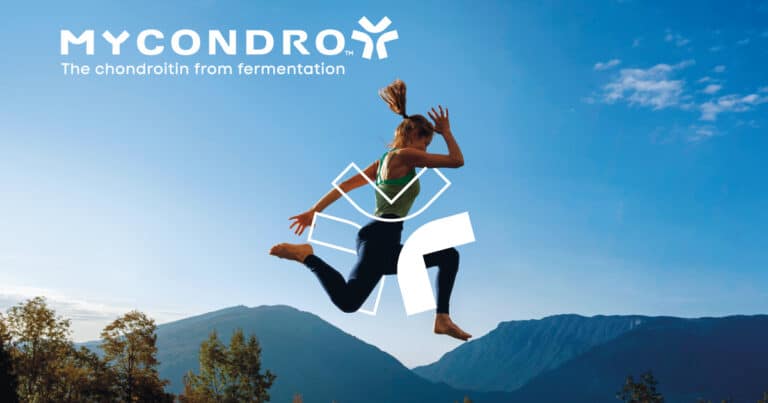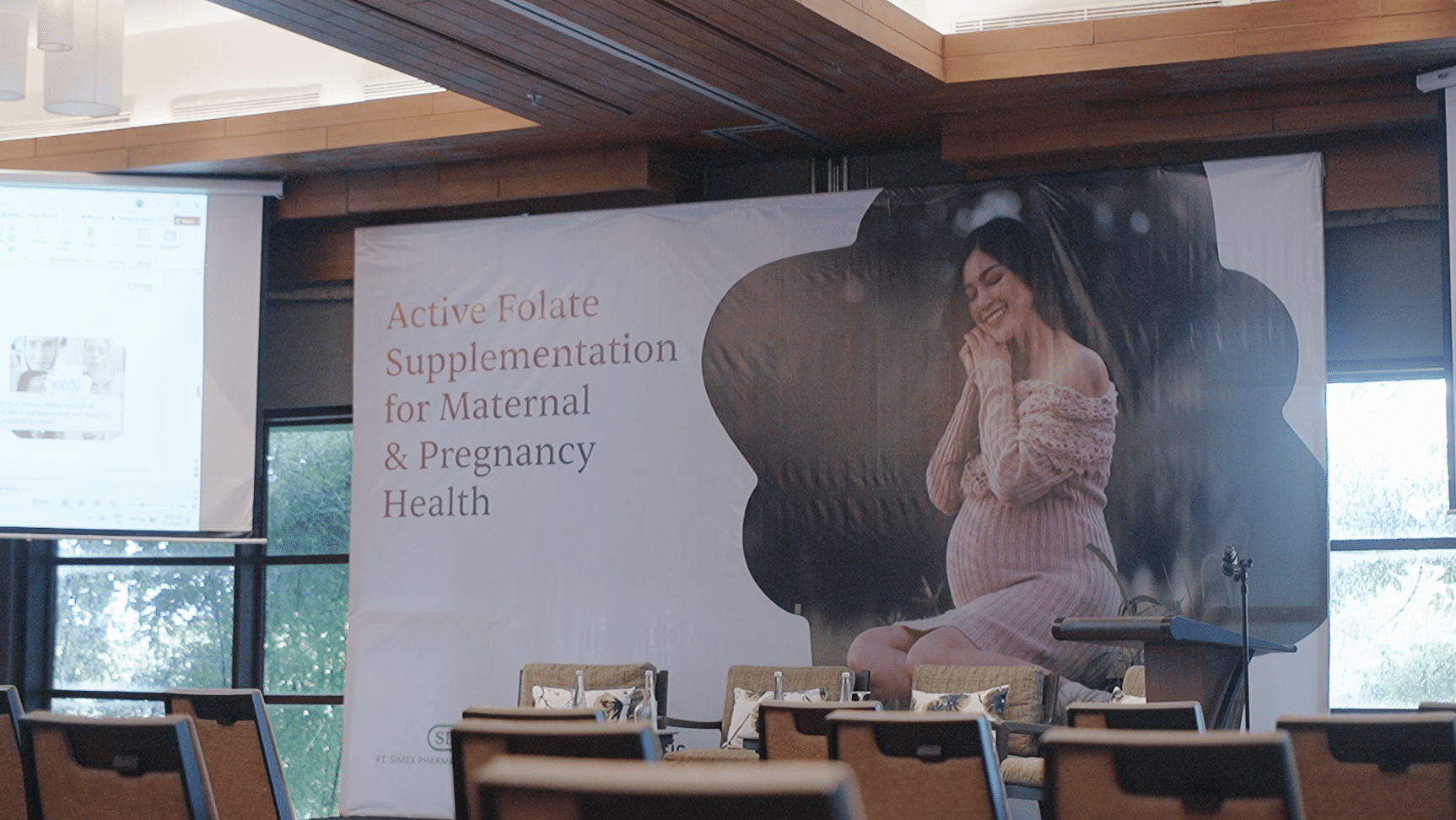World Osteoporosis Day
World Osteoporosis Day, October 20th, is an opportune time to highlight the growing body of evidence demonstrating the profound impact of Vitamin K2 on bone health.
Osteoporosis is a global health crisis, with an estimated 20% prevalence worldwide and over 37 million fragility fractures occurring annually in those over 55. Experts predict the incidence of hip fractures will increase dramatically by 2050. While exercise, a healthy diet, and lifestyle factors are important, the International Osteoporosis Foundation has overlooked the clinically proven bone-protective benefits of Vitamin K2.
Bone-Strengthening Power of Vitamin K2
Over the past decade, numerous studies have substantiated Vitamin K2’s role as an essential nutrient for maintaining strong, healthy bones. A landmark 2013 study found that postmenopausal women who supplemented with 180 mcg of K2 as MK-7 (as MenaQ7®) daily for 3 years exhibited remarkable improvements in bone mineral content and density at critical areas like the lumbar spine and femoral neck. This is crucial for reducing fracture risk, preserving mobility, and enhancing quality of life. Several meta-analyses involving over 12,000 subjects have corroborated these findings, demonstrating that K2 supplementation contributes to maintaining and improving lumbar spine bone mineral density, potentially reducing fracture incidence. Researchers also observed that K2 supplementation indirectly promotes bone mineralization and strength, particularly in postmenopausal women.
Vitamin K2’s Synergistic Bone Benefits
Vitamin K2 works synergistically with other bone-supportive nutrients like calcium and vitamin D. Meta-analyses have shown that the combination of K2 and vitamin D can significantly increase total bone mineral density and decrease undercarboxylated osteocalcin, a marker of suboptimal vitamin K status. Similarly, the combination of K2 and calcium has been found to significantly improve lumbar spine bone mineral density and reduce undercarboxylated osteocalcin levels. These findings suggest that supplementing with K2 alongside calcium and vitamin D may be an effective approach to enhancing bone health and reducing osteoporosis risk.
Deep Dive Into K2
Significant research shows vitamin K2 from natural fermentation – especially its key long chain isomers MK-7 – to be essential for bone and cardiovascular-health support.















